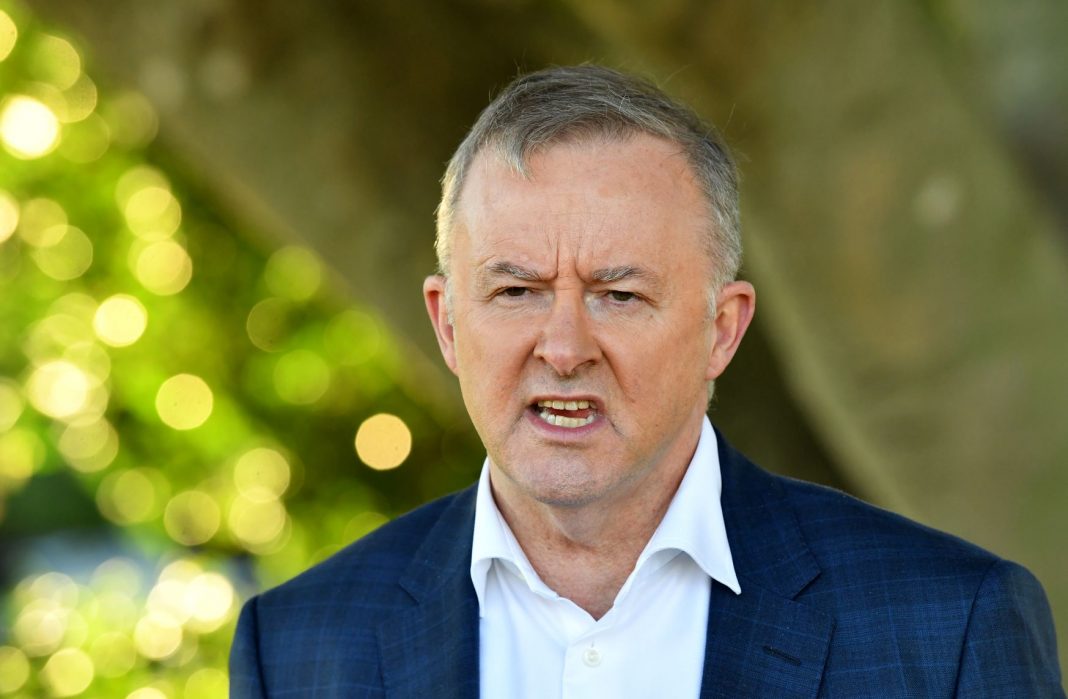Community groups could soon get a much better understanding of how federal grant funding decisions are made.
The attorney-general has also promised parliament will have a chance to debate a planned anti-corruption watchdog before the end of the year.
Labor has accused Scott Morrison of being “addicted to rorting” and misusing huge sums of taxpayer cash.
The party highlighted the prime minister’s recent track record on community safety, regional community, sporting club and car park schemes.
Each program targeted marginal seats and many decisions were made against the advice of public servants.
“This abuse of public money must stop,” Labor senator Katy Gallagher said.
She plans to introduce a bill to improve the transparency and accountability of funding decisions.
Ministers who approve grants rejected by their departments – or to projects in their own electorates – would be forced to flag the decision within 30 days.
The finance minister would then be required to table the reports in parliament within five sitting days.
“This bill won’t stop the Morrison government rorting but it is one small step that will shine a light on dodgy ministerial decision making,” Senator Gallagher said.
Labor has also recommitted to establishing a “powerful, transparent and independent” national anti-corruption commission if it wins the next election.
The announcements were made following a shadow cabinet meeting, where the Labor front bench agreed to support generous income tax cuts and abandon controversial changes to property perks.
The twin decisions create questions about how Labor will fund its spending commitments if not through higher taxes.
Labor wants to frame the debate around the Morrison government racking up more than $1 trillion of debt without adequate oversights.
Opposition Leader Anthony Albanese said an “ever-growing list of scandals” showed why Australia desperately needed an anti-corruption commission.
He accused the prime minister and his colleagues of doing everything they could to stop one from being established.
Labor’s anti-corruption watchdog would operate as a standing royal commission into serious and systemic corruption in the federal government.
It would be able to investigate ministers, public servants and parliamentarians.
Statutory office holders, government agencies, and the personal staff of politicians and other Commonwealth officials would also be inside its jurisdiction.
The anti-corruption commission could also “follow the money” and investigate private individuals and companies involved in corruption by public officials.
Mr Albanese said this was in stark contrast to the prime minister’s “weak and conflicted” proposal.
He said the government’s model would be unable to instigate its own inquiries, prevented from holding public hearings into politicians or public servants, and banned from investigating past scandals.
Attorney-General Michaelia Cash said the coalition had conducted nationwide consultations on its proposed integrity commission, which included key experts and academics.
“The government is currently considering the extensive feedback received through the consultation process in order to inform further refinement of the draft legislation,” Senator Cash said.
“The Morrison government is committed to putting our legislation to establish a Commonwealth integrity commission to parliament by the end of the year.”
AAP
Read more:



